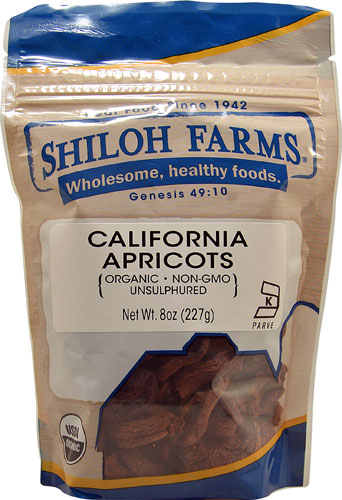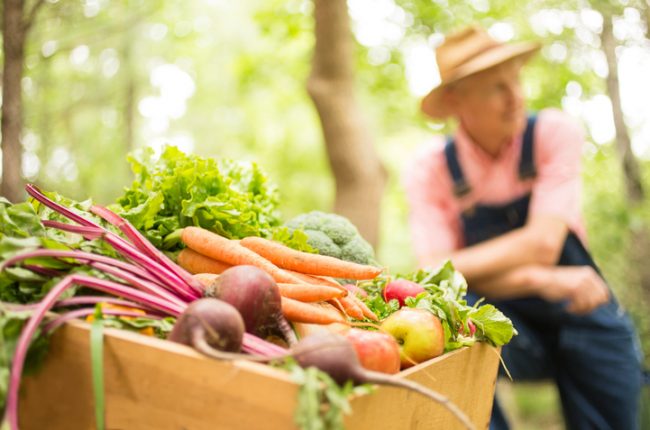If you took the time out this year to observe Earth Day, then you’ve probably long since realized the impact that consumption has on our planet. From the combustion of fossil fuels during logistics and supply chain management to the staggering amount of food wasted globally, these are just some of the ways the environment continues to be strained as the world population rises.
The good news, however, is that we are being presented with ever more opportunities to make better, wiser choices -- every day -- through being more thoughtful, knowledgeable consumers. And one of the easiest ways to do that is by supporting small business owners in your area by shopping local.
By nurturing the makers, doers, farmers, growers and entrepreneurs, locally, be it in your hometown, region or state, you can enable these community-rooted businesses to flourish. This is just one such benefit. For others, read on as we introduce you to five nifty benefits of buying local.
1. Supporting your local farmers
We don’t often think about where our fresh produce comes from, but often times it travels from far away. Sometimes from across the country, and sometimes abroad. But, have you ever considered what’s farmed or grows abundantly in your local area?
Thankfully, these days it’s getting easier to seek out local meats, fish, fruits, vegetables, honey and other food products, because your neighborhood grocery store is more than likely highlighting that fact -- many times calling it out with a sign, such as “Buy me, I’m local,” or something along those lines. By purposefully directing some of your weekly food expenditure toward local farms, you enable them to remain viable for future generations.
2. Minimizing environmental impact
When you choose to spend some of your hard-earned money on locally sourced products, not only are you making a thoughtful decision to support your local small business and community, but one that can also very much help the environment. Goods that don’t have to travel as far, reduce the need for transport, which in turn reduces vehicle pollution in the form of emissions.
Though it’s been contested, and some foods travel even further, it’s estimated that the contents of the average American meal travel some 1,500 miles from farm to table. By seeking out and patronizing local farms for just some of your produce, you can make some solid inroads to minimizing your carbon footprint.
3. A virtual cornucopia of options
According to the Food Marketing Institute, most large grocery stores stock their shelves with approximately 39,500 items. If that sounds like a lot of stuff, it is. But, guess what? There’s a lot more.
Suppose you’re the adventurous type and you want a particular kind of pepper to make your own hot sauce, but your favorite chain doesn’t have it. That’s where your local green market or farmer’s market comes in.
Local farmers, producers and culinarians have been turning out in droves, in cities and towns across the country, picking up everything from pickled vegetables, to delectable baked goods and harder-to-find produce.
4. Local fruits and veggies are more nutritious
Be it oranges, strawberries, kale or green beans, the longer they take to get to you, the greater the chance their vitamin content has been diminished in the process. Citing a study from Montclair State University, the Rodale Institute, a nonprofit dedicated to pioneering organic farming through research and outreach, notes that local fruits and vegetables boast more nutrients. According to the study, “the vitamin C content of broccoli was cut in half when it was shipped from out of the country compared to when it was sourced locally.”
5. Connecting with communities
Buying local gives you a chance to meet the maker, farmer or grower you’re purchasing your goods from. You get a chance to interact with them and learn more about what it took to bring your product to market -- and more importantly, what makes it or them awesome. Be it a hand-carved hummingbird feeder, grass-fed beef jerky or freshly picked habñero peppers.
Once upon a time, buying from and engaging with a local purveyor was the singular way shopping got done. Honoring that tradition, while at the same time supporting small business is, indeed, a win-win for everyone.




